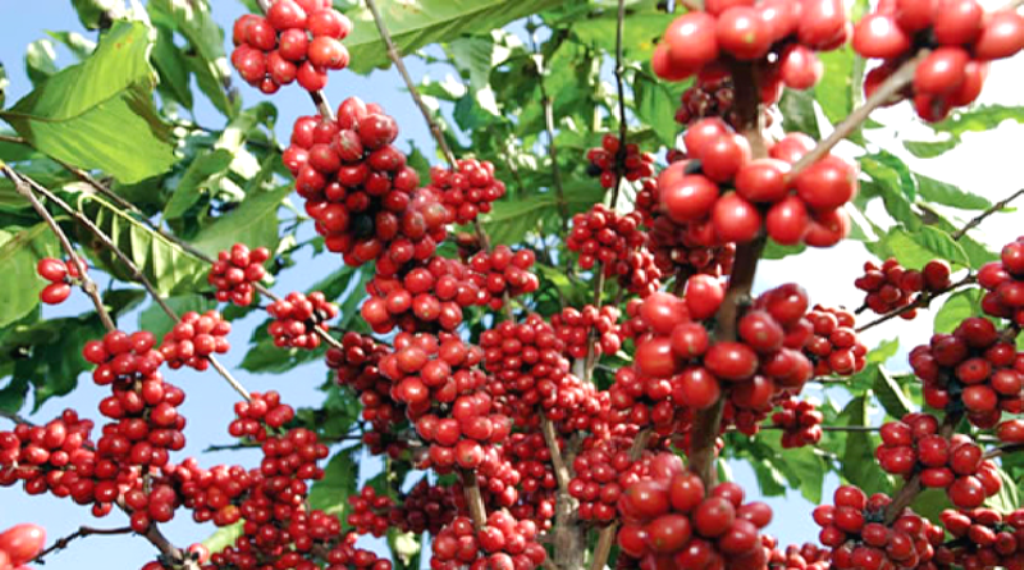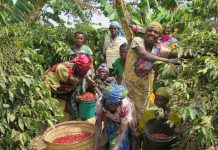Author: MEDDY MULISA
AfricaPress-Tanzania: FARMERS in Kagera Region are highly encouraged to grow clonal coffee varieties, which are resistant to Coffee Wilt Disease (CWD) for high crop yield and earn more money.
Plant breeders under the Tanzania Coffee Research Institute (TACRI) have identified four robusta coffee clones, which are high yielding and have the most desired bean size.
Maruku TACRI Zonal Manager, Dr Nyabisi Ng’homa, named the varieties as Maruku 1, Maruku 2, Muleba 1 and Bukoba 1, adding that 49,000 clonal mother trees of robusta varieties resistant to CWD had to date been established.
“These clonal mother trees have capacity to produce 4,900,000 coffee seedlings annually and the target is to establish 53,000 clonal mother trees with the capacity of producing 53,000,000 seedlings by the end of this year,” he said.
He said clonal coffee yielded three times more coffee and was resistant to CWD.
The word clonal means coffee plants have been multiplied asexually from a single parent plant or clone.
He explained that TACRI in collaboration with other coffee stakeholders, including Tanzania Coffee Board (TCB), recently distributed 480kg of clonal coffee seedlings to the farmers and expected to get over 200,000 clonal mother trees.
In the last 15 years, 14,340,000 coffee seedlings were multiplied and distributed to coffee growers for a replanting programme.
Coffee is grown in Bukoba, Muleba, Karagwe, Kyerwa, Ngara and Misenyi districts in the Lake Zone and this constituted 30 per cent of the total coffee production in Tanzania.
Kagera Region produces an average of 21,000 tonnes of coffee annually and for quite a long time average production stands at 0.32kg per tree due to lack of proper management. Most of the coffee trees are 60 years old.
Coffee is vital to the economy of East and Central Africa, providing a major source of foreign exchange earnings and as a cash crop, supporting the livelihoods of millions of people involved in cultivation, processing, marketing and export.
Key challenges experienced by smallholder farmers include poor extension services, high costs of inputs, adulterated inputs, low coffee price and low level of engagement of the youth in coffee production.
Other challenges are poor institutional support, poor marketing systems and the effects of climate change.
All these challenges have contributed to low coffee productivity, poor coffee quality, low farm gate prices and coffee racketeering.
To address these challenges, smallholder farmers should be trained in good agricultural practices and proper usage of agro-inputs.
Other recommendations include uprooting of aging coffee trees and replacing them with new higher-yielding and disease-resistant varieties to reduce the cost of production, improve coffee quality and increase productivity.







